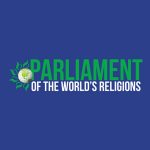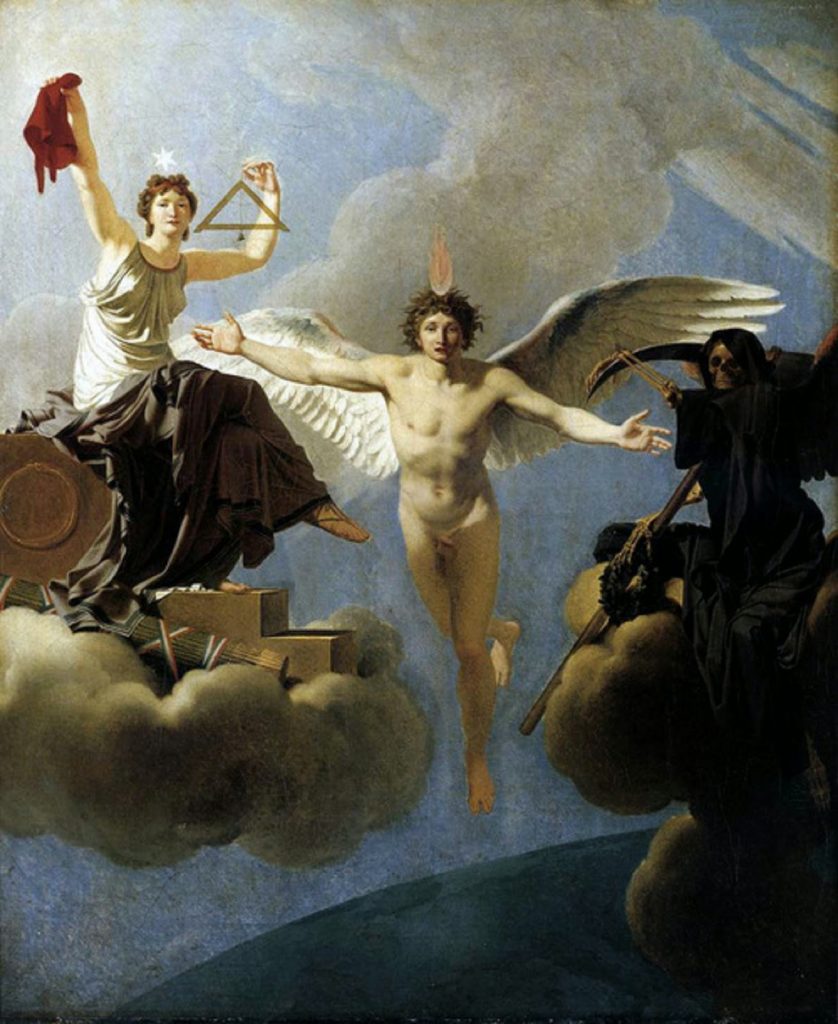Parliament Statement on the Recent U.S. Supreme Court Decision
The Parliament of the World’s Religions is deeply disturbed by the United States Supreme Court’s ruling in Dobbs v. Jackson Women’s Health Organization.
Among the world’s religions and also within individual traditions there are a wide range of views on when personhood begins and no general consensus exists. But the effect of Dobbs is the imposition by the government of the beliefs of some religious groups on members of other faiths, the unaffiliated, and those whose deep moral values are not rooted in religion, who do not share these beliefs. It thus directly affects those, especially women, who are no longer free to live in accord with their own traditional religious teachings and long-held moral values.
Religious pluralism is the essential context for the partnership of the world’s religions working to bring about a humane future, establishing the equal dignity and human rights of men and women, as affirmed by the Parliament’s signature document The Declaration towards a Global Ethic (1993). The Global Ethic supports religious freedom, stating that “guarantees of freedom of conscience and religion are necessary” and opposes the domination of one religion over another, while strongly holding that the world’s religions share “a common set of core values” including that “Every human being must be treated humanely.”
The imposition by the government of the moral values of some religions on others is in direct contravention to the fundamental values of the Parliament as well as freedom of religion and the separation of Church and State enshrined by the First Amendment of the U.S. Constitution. Our concerns were deepened by the Supreme Court’s decision of Kennedy v. Bremerton which further erodes the separation between Church and State.
As a multi-religious society and world, it is important that no religious tradition impose its moral or ethical values on others’ religious beliefs through the agency of the government. Such a fundamental principle assures that those who differ are free to practice the values of their own faith confident that, just as they may not impose their view on others, so the views of others will not be imposed on them.






